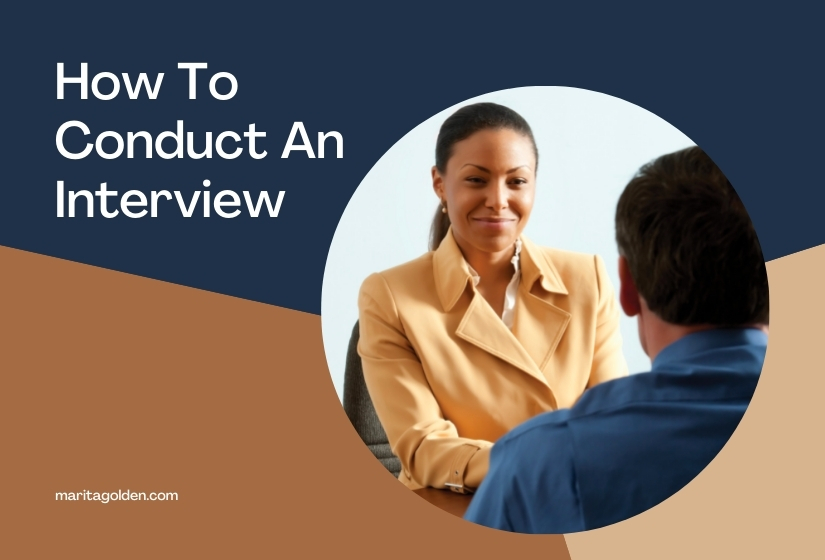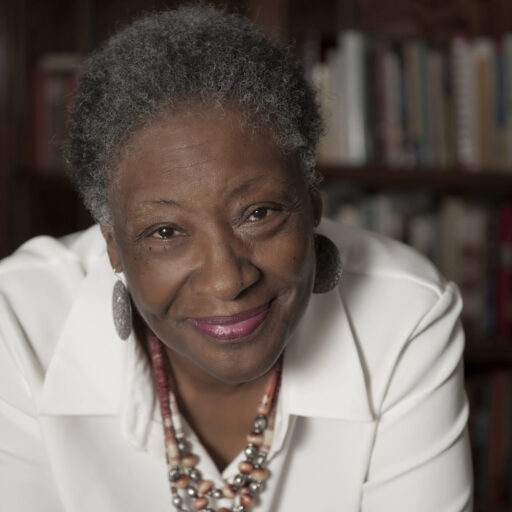
For my books, article, and essays I have interviewed scores of people who possessed information, or perspectives I have needed to successfully write my stories. I have interviewed women who served time in prison, police officers, victims of rape, rapists, medical researchers, and political activists among many others. I was trained as a journalist, earning an M.Sc. from the Graduate School of Journalism at Columbia University. My training in journalism has allowed me to face a blank page or computer screen and know that I could fill it with a story. My journalism training has helped me in writing fiction because I am so often drawn to writing about characters living in worlds I know nothing about. I can empathize and imagine my way into the interior world of my characters but often their outer world is strange to me. And so I have to interview them.
PREPARE
If you are interviewing a person with a public profile, read as much as you can about their work, background, successes, and challenges. Then ask questions that will provide you with answers to questions about their lives and work you did not see answers to. Interview subjects are always gratified and impressed when it is clear that you have researched them.
If you are interviewing a person for whom there is no public record, start by asking the kind of basic questions that will allow them to gradually develop comfort reveling the arc and contours of their life/career. I usually ask people, “So tell me your story” and they are more than happy to.
RELAX
An interview is mostly a conversation and subjects respond to your genuine interest in them as people not just as subjects for a story. The more relaxed you are the more relaxed your subject will be.
LISTEN CLOSELY
Whether you are recording the interview or taking hand-written notes, it is crucial to listen to the answers you are given. Listen to what your interview subject has said but also listen to what they have not said. Listen to how they answer your questions, eagerly or with hesitation. Look at their body language to gauge comfort or discomfort. Discomfort often means that the subject is getting closer to revealing the truth or something never revealed before. Acknowledge that some questions may be difficult for them to answer. If a subject can’t immediately answer a question you can return to it later in the interview. Give people time to answer a question, to think about what they want to say. Signal empathy and understanding. Do not signal judgment.
ASK FOLLOW-UP AND DIFFICULT QUESTIONS
If you receive a one-word or very brief answer to a question, ask for an elaboration, ask for more information. Tell the subject that you want to understand their motivation, decision, what was driving them. The follow-up question often elicits the richest information.
After you have established rapport and a level of comfort with the interview subject then you are ready to ask the type of questions that require the greatest level of self-examination on the part of the subject. Among the best, depending on and adapted to the topic and the interview subject:
- What was your inspiration?
- What has been your greatest challenge?
- What are you most proud of?
- What were you most afraid of
- What were your feelings about _______?
- What is your most important personal strength?
- How would you like to be remembered?
- Why did you make that choice?
These are called “open-ended” questions because they require thoughtful answers and cannot be answered with a simple yes or no.
At the end of an interview inform the subject that after you go over your notes you may want to contact them for clarification or further elaboration. A successful interview leaves you feeling not just that you have the information you need but that you have engaged in a meaningful conversation that has enlarged you in unexpected ways because of the depth of the conversation.
To learn more about how to write successful stories, click here to register for one of my upcoming workshops >>

Marita Golden is the author of over 20 works of fiction and nonfiction. She is Co-founder and President Emerita of the Zora Neale Hurston/ Richard Wright Foundation. As a teacher of writing, she has served as a member of the faculties of the MFA Graduate Creative Writing Programs at George Mason University and Virginia Commonwealth University and served as a Distinguished Visiting Writer in the MA Creative Writing Program at John Hopkins University, and at the University of the District of Columbia. She has taught writing workshops nationally and internationally to a variety of constituencies and is a writing coach, workshop presenter, and literary consultant.



